For a person with a disability, a service animal becomes their own form of life support. A lot of staff and students don’t recognize how vital a service animal is, just because they have not been given the chance to be informed.
Augustana urgently needs to address this issue because uninformed people create a toxic living environment for students.
According to the American with Disabilities Act (ADA), “A service animal is a dog that is individually trained to do work or perform tasks for a person with a disability.” Despite common belief, service animals are not like an emotional support animal, and service animals have just as many rights as people do.
Viking Pup members have expressed that Augustana College has a bad problem with students taking emotional support animals to public places. According to the ADA, emotional support animals are regular pets with a doctor’s note. Bringing an emotional support animal out in public not only puts service animals in danger, but it is also a federal crime.
As a service animal handler at Augie, I have been treated poorly by both staff and students. Food staff have yelled at me for having my dog and I have been denied access to eat. Staff have tried to tell me my rights without knowing them. For example, I have been told that my dog had to be vested all the time and registered through a fake registry online.
However, in my experience, professors have typically been more respectful about service animals because they are willing to listen about service animal rights.
Students can be unintentionally disrespectful because they try to talk to the dogs or ask to pet it. However, The Center for Disability Rights states that service animals should not be pet. This is because petting a service animal can distract them from their duties.
Additionally, service animals are not house pets. Anything Pawsable, an online magazine for Service and Working Dog owners, states that they are similar to “medical equipment.” It may sound odd, but this is the reason why service animals have access to anywhere in public. If people don’t talk to a wheelchair or an oxygen tank, why are they talking to a service animal?
In my experience, staff and students at Augie have been quick to determine whether or not my service animal is legitimate, based strictly on if they can see a disability or the small size of the dog. As a result, I have been discriminated against several times.
Service dogs don’t have to be large. A large service animal is typically reserved for individuals that need help with mobility. For example, people in wheelchairs or people with epilepsy.
While people with invisible disabilities can have large service animals, many choose smaller ones. Augustana College also has an issue with respecting service dog handlers. Students are taking pictures of the dogs without permission.
Finally, it is important to keep in mind that service animals are living creatures too, and that they are not always on duty. Once a service animal is at home, they are allowed to act like a normal pet.
If a dog is in any of the buildings at Augie, it is safe to say that they are service animals. Dogs are not allowed around campus, including emotional support animals. Another clue is looking for a vest. Vests are not required by law, but they are used to tell the public why there is a dog in public.
It is crucial to respect a service animal. People’s behaviors towards service animals can reflect on whether or not a handler feels like they belong in a community. Everyone deserves to be here just as much as an abled person. So keep that in mind the next time you see a service animal.
Categories:
Augustana Has A Service Animal Crisis
November 14, 2019
1
0
Tags:
More to Discover
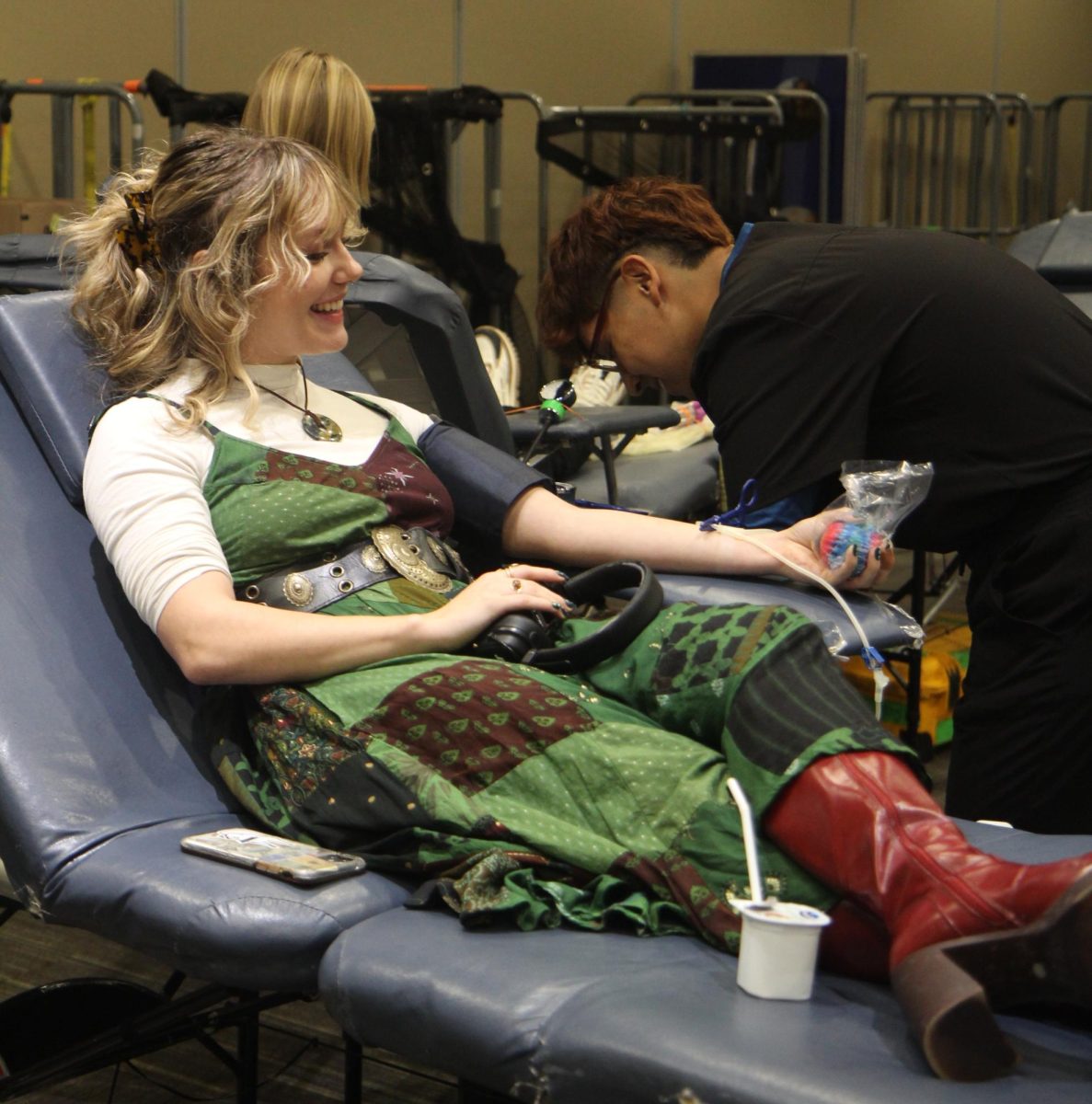
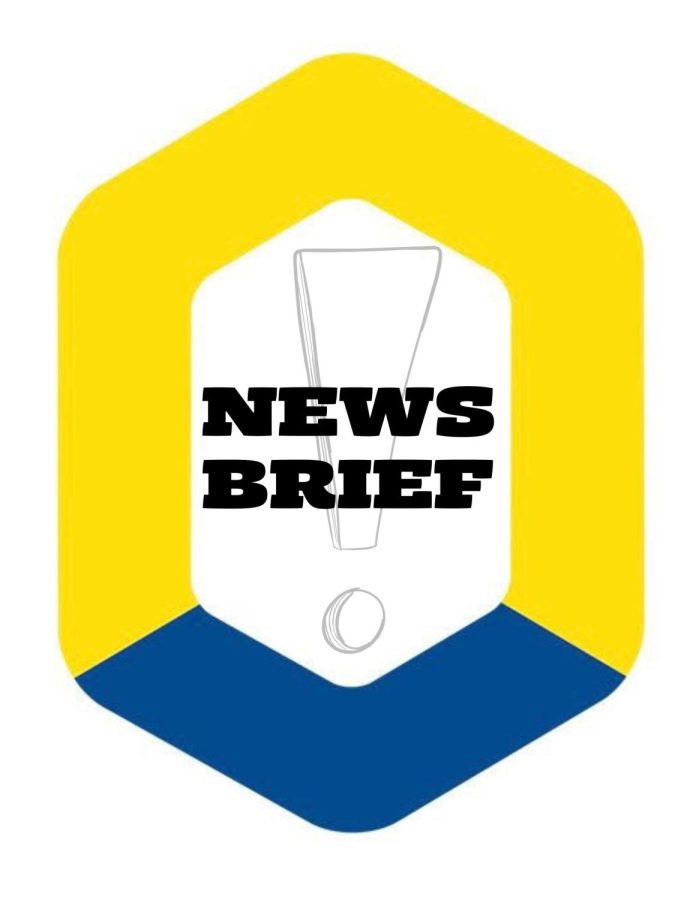





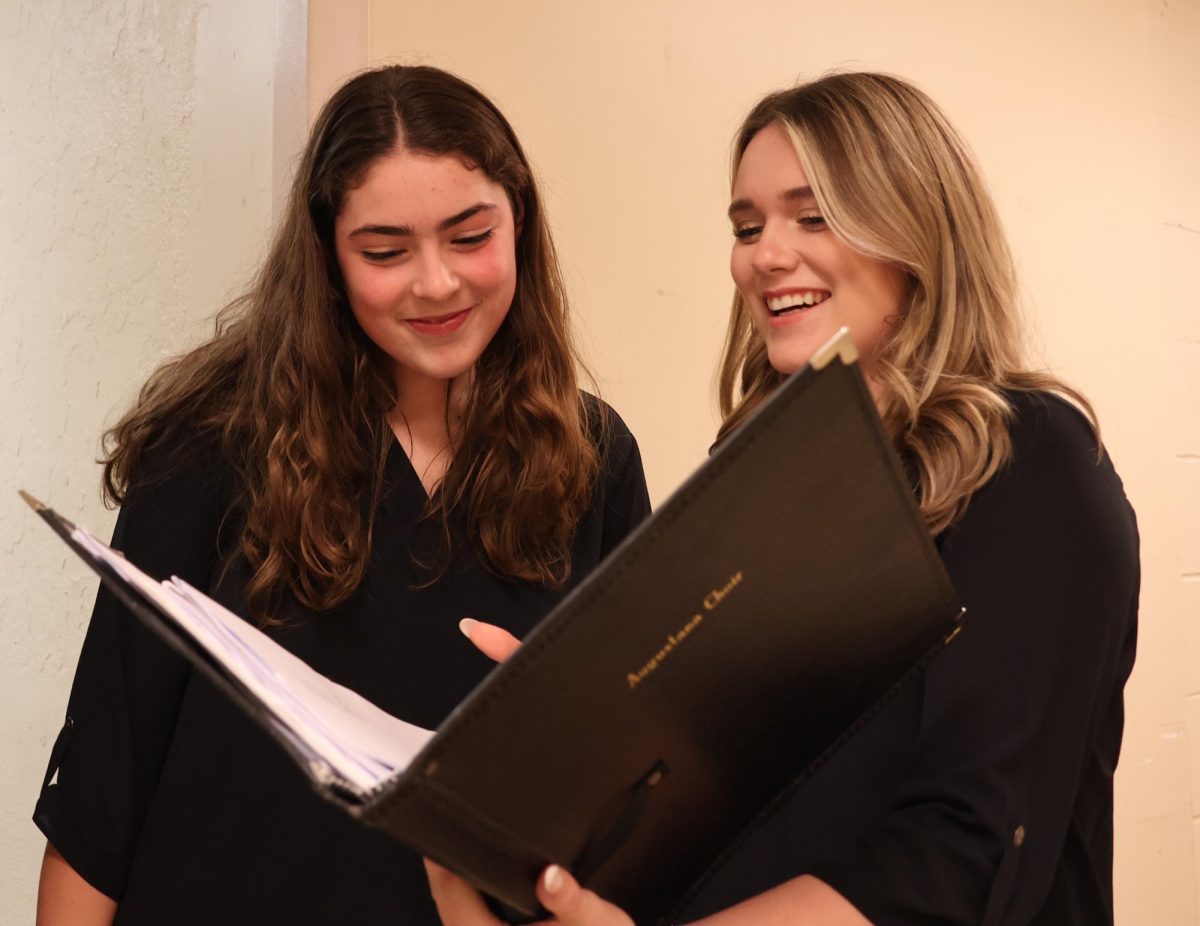





















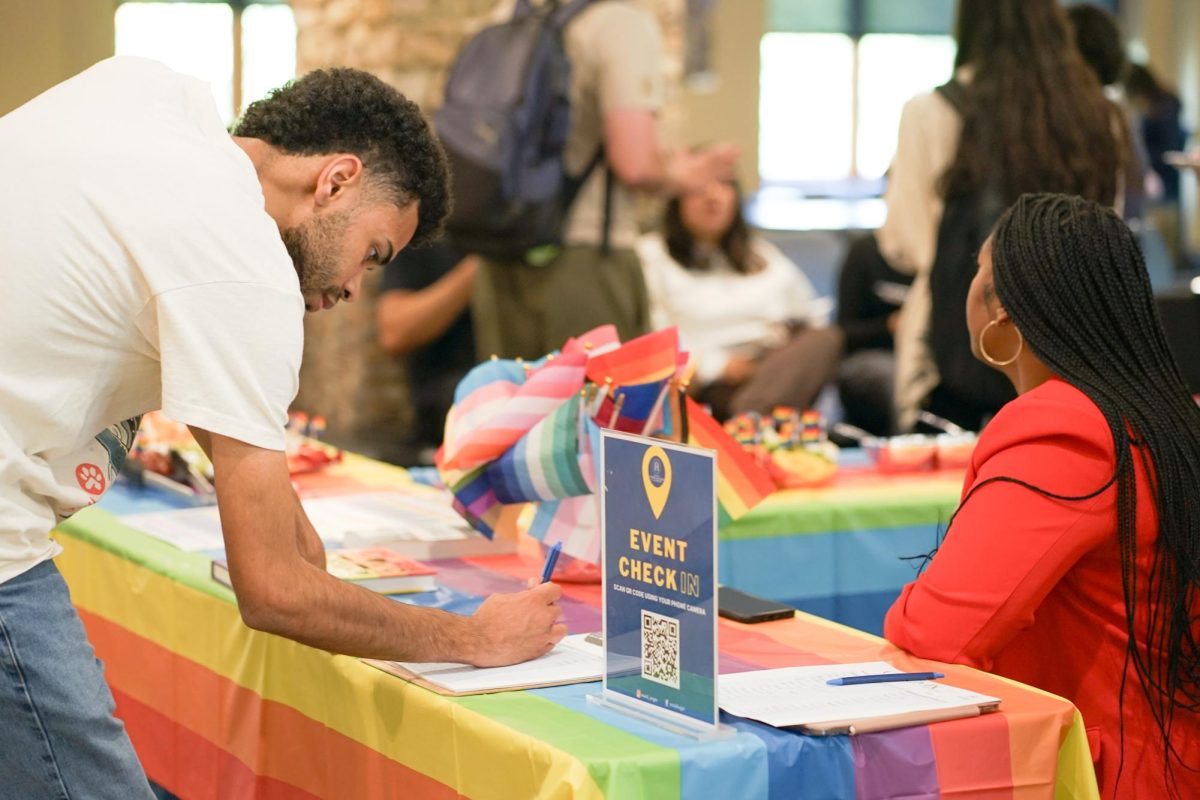
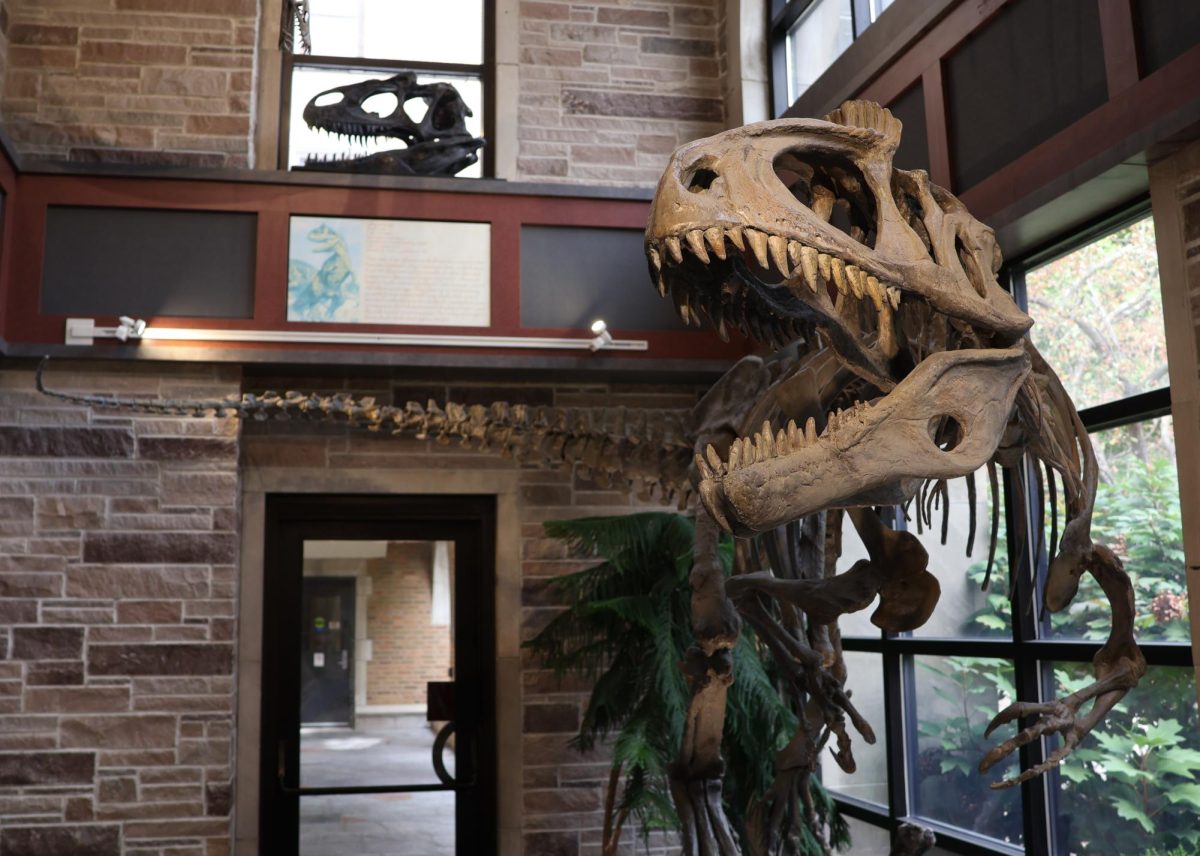
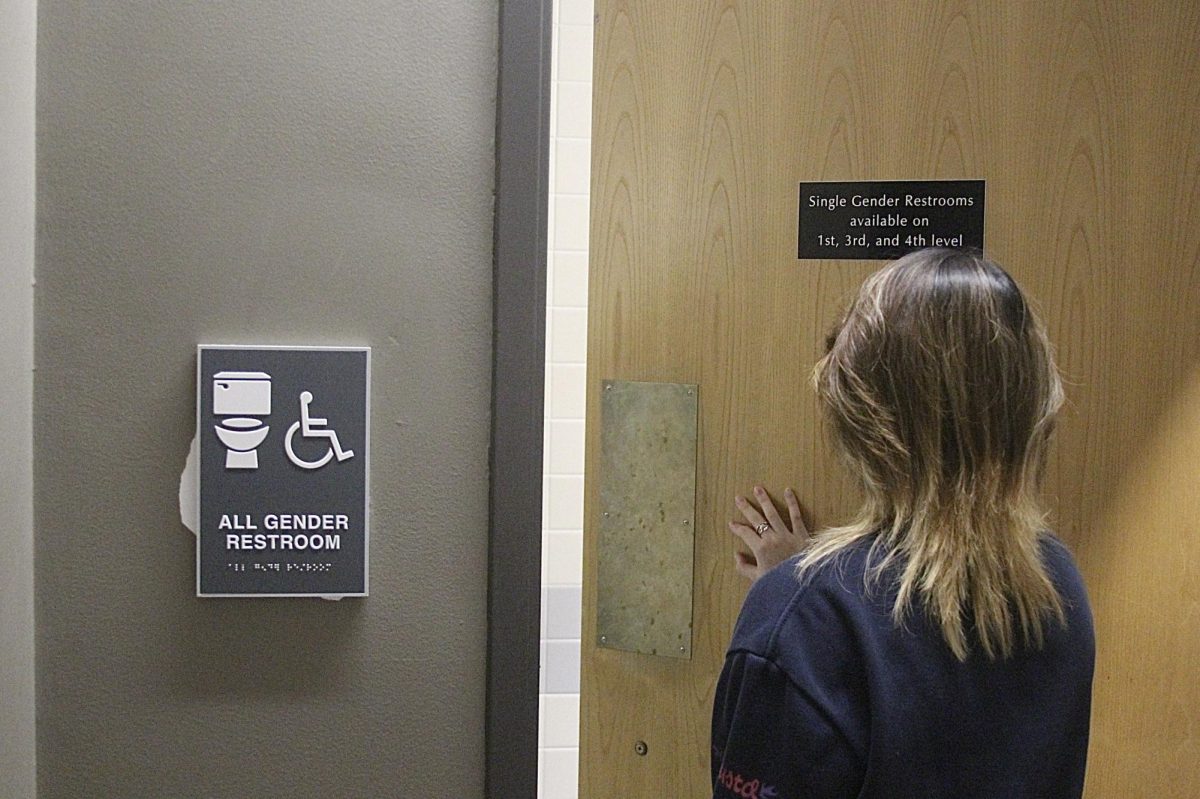
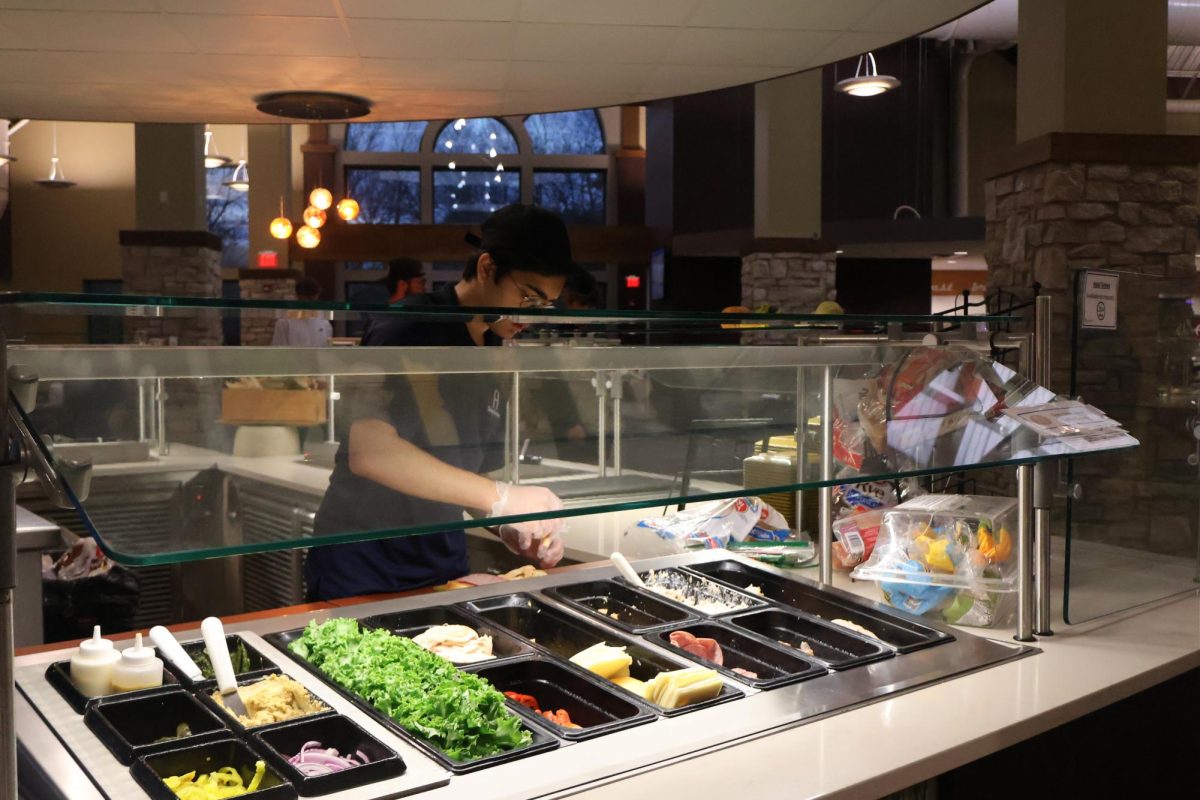





































































Christina Sanders-Ring • Nov 15, 2019 at 5:07 pm
I am genuinely stunned to learn that people with service animals have encountered discrimination and opposition on a residential campus. I am so sorry that you have had to take on this unnecessary labor while you navigate through your college experience, and I want to help.
I am not in a position of authority, but I am “in charge” of Old Main, and it’s my responsibility to ensure that visitors to the building are advised of building rules, locations of safe spaces, potential hazards, emergency plans, and similar. In that vein, I intend to visit the ADA website for printable information and signage relevant to service animals.
In addition to that, I want to reassure you that I will advocate for you. If you ever feel you need a mediator or safe space in Old Main, please come to my office.